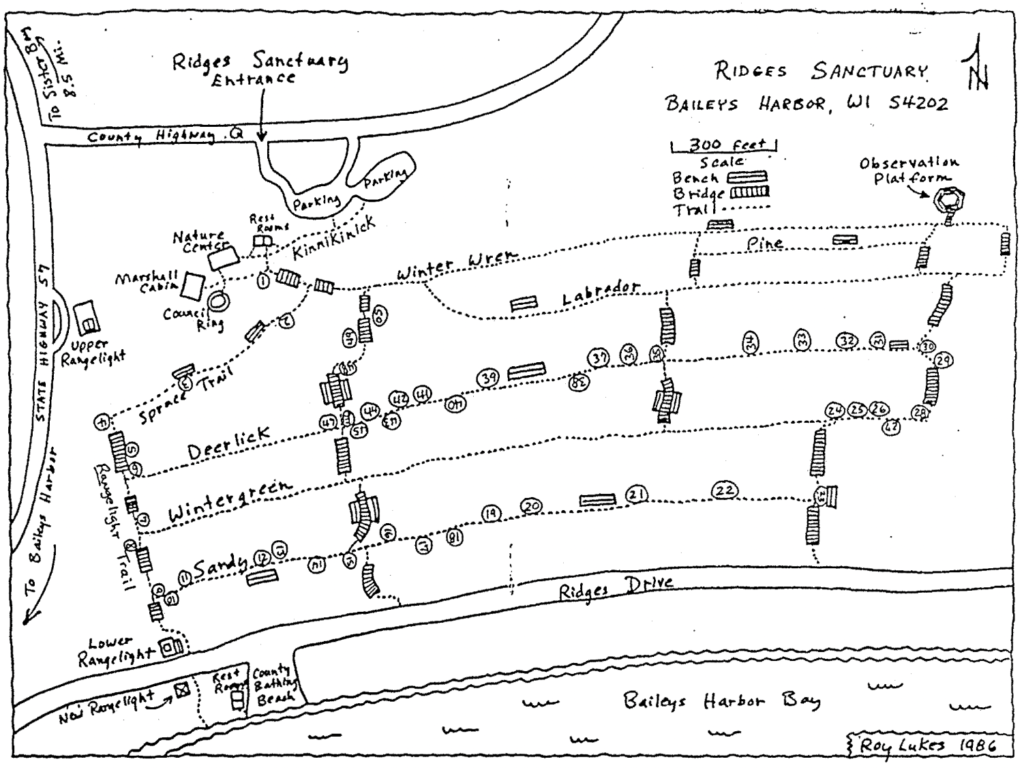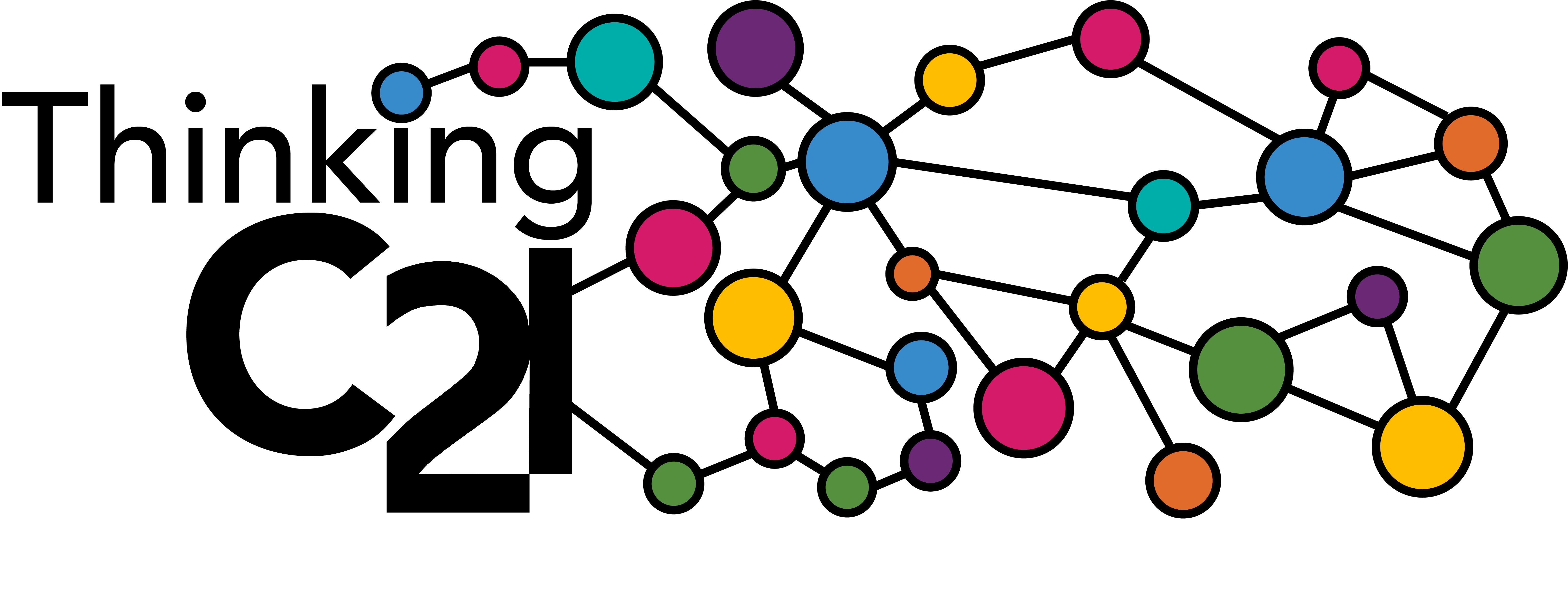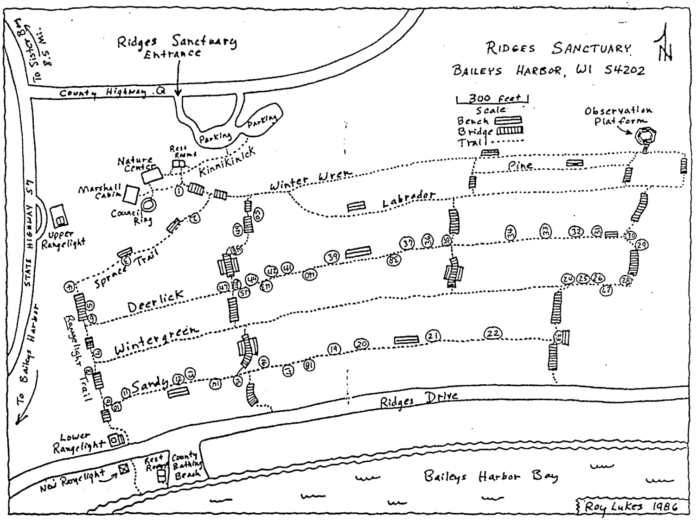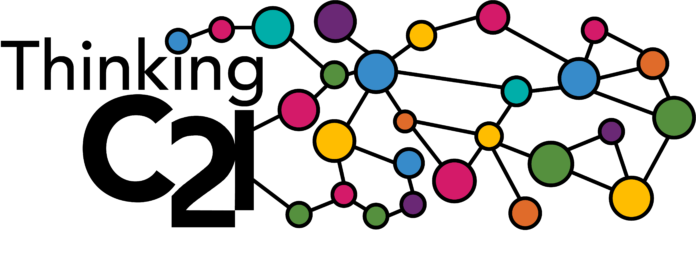By Nicole Welk-Joerger
Trust is a fragile thing because it entails shifts in power. People left vulnerable in acts of trust must feel satisfied in their decision to relinquish that power. Calls demand responses. Promises require fulfillment. Asks necessitate action.
Last year, through the Center for 21st Century Studies’ (C21) Lonely No More! symposium, we learned much about loneliness, which has only been exasperated by pandemics, political polarization, and a longing for connection. Some of the loneliness and the longing we explored emerged out of the erosion of trust in each other. However, we also learned about the importance of tapping into local networks (the neighbors, libraries, and nonhumans beneath our feet) to ground our sentiments and enter into dialogs of reconnection after long periods of isolation.
Nourishing Trust—this year’s C21 symposium—takes last year’s call for grounding and reconnection seriously and centers those essential materials that connect us: food and land. A focus on food is a focus on what sustains us, but perhaps more challenging is the philosophical intricacies of exploring what nourishes us: What helps us grow, and what makes us healthier. C21’s foil of “trust” gets at this distinction, and provokes larger questions about resilience, reconciliation, and justice when considering the next steps of our future. How have resources like food and land been acknowledged, shared, stolen, negotiated, and reinvigorated in the context of trust or distrust? What does a focus on food do for ongoing conversations about nourishing community and, related to C21’s three-year symposium series, democracy itself? How might attending to histories, philosophies, and current movements around food and land justice ultimately help nourish us (locally) and nourish trust (nationally and internationally)?

When I hear the word “trust” in this context, I think about the many land trusts that exist in Wisconsin. The Land Trust Alliance boasts how almost 800,000 acres of land in Wisconsin are protected by trusts – organizations that aim to conserve land. Some trusts focus on agricultural management, others on restoration or wildlife. Tribal nations have also used trusts to help reclaim ancestral lands. These different trust relationships require negotiations and capital, and they operate in the vocabulary of ownership and property. Trust in trusts relies heavily on trust in boundaries and the promise that any infiltration of specific parameters would have real legal consequences. The material manifestation of a land trust might have much to teach us about how interpersonal trust operates in the United States, especially as we contemplate the embrace of capitalist structures to protect environments from encroachment, pollution, and exploitation. A trust is a promise of protection, at least temporarily. Land trusts can dissolve just as trust in others might perish in the wake of limited resources or altered plans. It speaks to the persistence and fragility of the concept, as well as trust’s richness as a subject for understanding current efforts in food and land justice.
As a symposium, Nourishing Trust ponders but also problematizes trust, from funding frameworks to social fabric. After all, trust (as belief or contract) might not be the glue that holds us together or helps us grow. There might be other ways – better ways – to think about fostering connection and the role food (or the land where we grow it) might have in initiating that process. History shows that our present moment of mass distrust is not unique. Indeed, given historical inequities and atrocities—especially those committed by white people in power—distrust is often the necessary default. Trust might not be possible, and those most passionate about repair might need to rethink the role of trust, no matter what speed it operates within.
We are excited for a semester that takes on these multiple dimensions, considering the many ways food and land connect us and have laid the foundation for the relationships we have with one another today. The C21 program offers multiple points of access while honoring multiple ways of knowing. Nourishing Trust will include the following dimensions:
Roundtable Conversations
Be sure to register for the monthly roundtable conversations, which are co-hosted by C21 and the Milwaukee Turners, with streaming assistance from Turners and UWM’s Serious Play collaboratory.
Trust in Context (Thursday, February 23, 1-2:30 PM)
A conversation about the histories that inform food and land justice efforts today.
- Laura Manthe, Oneida Nation
- Adrienne Petty, William & Mary College
- Jayson Porter, Brown University
Trust in Theory (Thursday, March 30, 1-2:30 PM)
A conversation about the philosophies behind equitable food production systems built on trust.
- Elizabeth Gabriel, Groundswell Center
- Cherie Rivers, UNC Chapel Hill
- Martice Scales, Full Circle Healing Farms
Trust in Action (Thursday, April 20, 1-2:30 PM)
A conversation about how trust operates in current food and land justice efforts.
- Linda Black Elk, United Tribes Technical College
- Brittany Koteles, Nuns & NonesLand Justice Project
- Anton Seals, Jr., Grow Greater Englewood
Podcast Episodes
Every other Monday, C21 will showcase scholars and leaders thinking about and working in the context of food and land justice. Those featured in the 6.5 Minutes With… Nourishing Trust series include Joseph Ewoodzie, Jr., Emily Contois, James Levy, Rayna Andrews, Mishiikenh Altiman, Joshua Sbicca, and Psyche Williams-Forson, among others.
Thinking C21 Publication Series
After a competitive call for essays, fifteen contributions will carry on the conversation at the intersection of food, land, trust, and community connection. Faculty, independent scholars, and graduate students will be featured in this series with new essays published on Wednesdays.
Participatory Project
Paired with the symposium, C21 will also conduct a sensory story survey. This year, we wonder about the journeys people take to get to their food. The answers collected in this year’s story survey – through our virtual form and via our in-person Mobile Story Cart – will be used for mapping and art projects to document our diverse food landscapes. Share your story here!
Nicole Welk-Joerger is the Deputy Director of the Center for 21st Century Studies. She is an interdisciplinary historian with degrees in the History and Sociology of Science (Ph.D. from Penn), Anthropology (M.A. from Brandeis), and Art History (B. A. from Temple). In addition to the C21 publications, Nicole is at work on her first manuscript on the history of sustainability as defined by U.S. cattle farmers, tentatively titled Rumen Nation.





